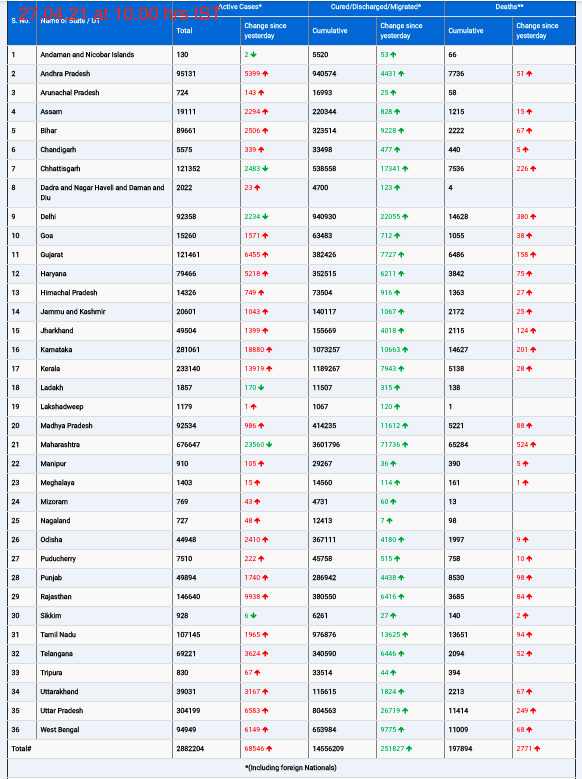February 13, 2024 – As more people prioritize hitting their protein goals for various health reasons, a new spotlight is shining on the importance of not just how much protein you consume, but also where it comes from. Recent research and expert opinions suggest that the source of protein—whether it’s animal-based or plant-based—can significantly impact weight management and overall health outcomes.
Protein is a vital nutrient essential for numerous bodily functions, including muscle repair, hormone production, and immune function. While protein can be sourced from a wide array of foods, including both animal and plant-based options, not all proteins are created equal.
According to Amanda Velazquez, MD, director of obesity medicine at Cedars-Sinai, plant-based protein sources offer distinct advantages over their animal-based counterparts. “The data has started to demonstrate more and more that plant protein is equally efficacious in terms of providing the nourishment needed for the human body,” she told Health. “With plant-based protein, there’s more benefits as a whole compared to animal protein.”
Here’s how the two types of proteins compare in the context of weight loss and overall health:
Protein and Weight Loss:
Protein plays a crucial role in weight management by promoting satiety, increasing metabolism, and preserving muscle mass during calorie restriction. Both animal and plant-based proteins can contribute to these benefits. However, plant-based proteins often come with additional advantages, particularly in terms of fiber content.
“Animal protein is not going to have as high fiber as plant-based proteins,” explains Velazquez. “Plant-based protein sources tend to have more fiber, which is essential for promoting fullness, supporting gut health, and aiding in weight management.”
For instance, while a cup of black beans offers both protein and a substantial amount of fiber, animal proteins like yellowtail fish lack fiber entirely. This fiber content in plant-based proteins can contribute to feeling fuller for longer periods and promoting digestive regularity, which are integral aspects of successful weight management.
Health Considerations:
In addition to their fiber content, plant-based proteins often boast fewer saturated fats compared to animal proteins. “We do recommend to stay away from overly processed options, because that can, of course, give extra calories from saturated fat,” says Amber Schaefer, MS, RDN, clinical nutrition lead and nutrition instructor at the Mayo Clinic College of Medicine and Science.
The consumption of large amounts of red meat and processed meats has been associated with various health risks, including an increased risk of type 2 diabetes, heart disease, and certain cancers. Hence, opting for leaner proteins like fish, seafood, chicken, and turkey alongside plant-based protein sources is recommended for maintaining overall health.
Making Informed Choices:
While plant-based proteins are heralded as the healthier option, experts emphasize that a balanced diet can incorporate both animal and plant-based proteins. “My typical recommendation is to get a combination of the two,” says Schaefer. “A balanced diet can incorporate both animal and plant-based proteins.”
Ultimately, the key to successful weight management lies in prioritizing high-quality protein sources and making informed dietary choices. Whether you choose to lean towards plant-based proteins or opt for a combination of both, ensuring an adequate intake of protein while maintaining overall dietary balance is essential for achieving and maintaining optimal health.
As the conversation around protein continues to evolve, individuals are encouraged to consult with healthcare professionals to tailor their dietary choices to their unique health needs and goals. Whether you’re looking to shed a few pounds or simply maintain a healthy lifestyle, the type of protein you consume can make a significant difference in your journey towards overall well-being.











